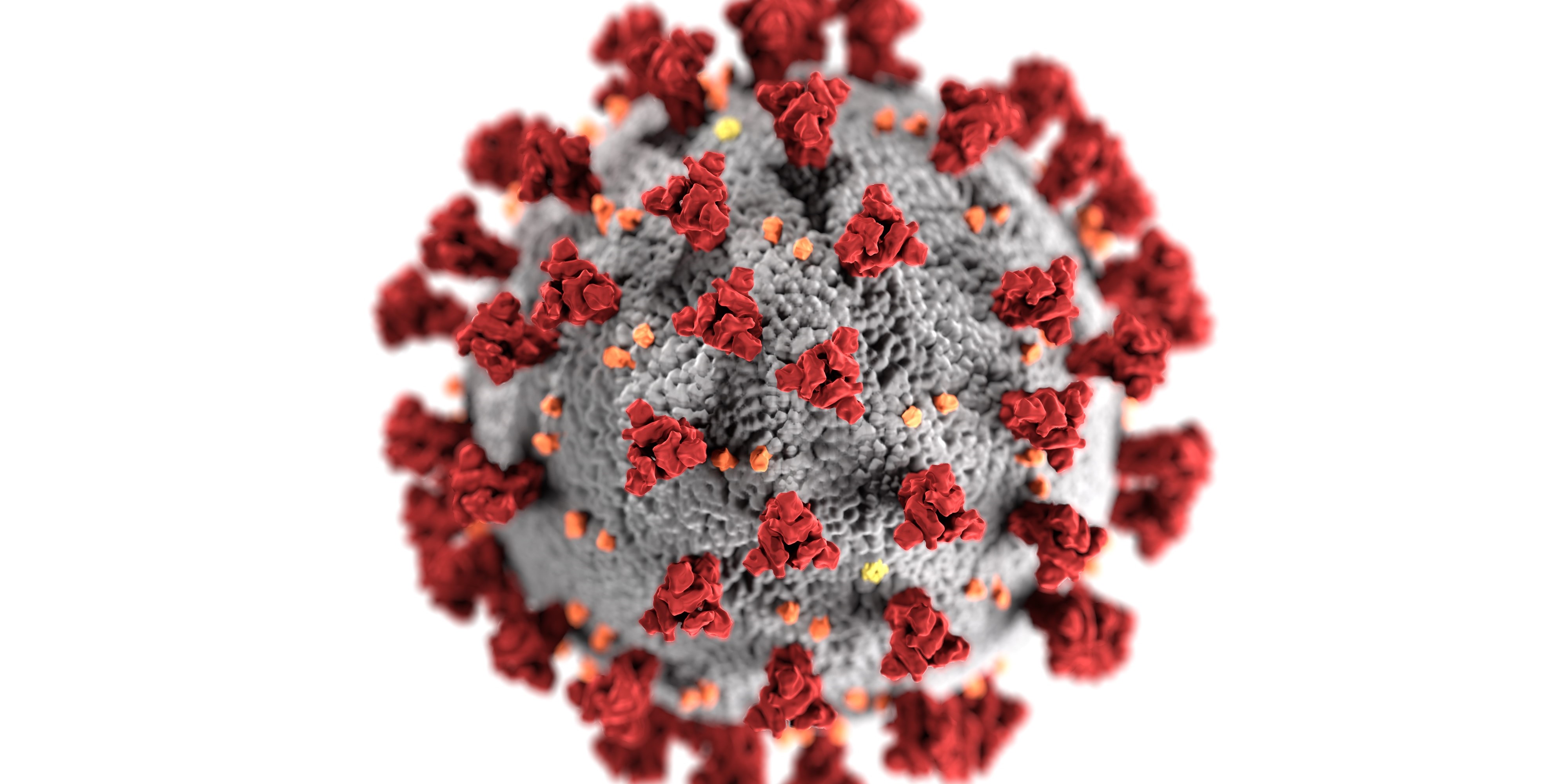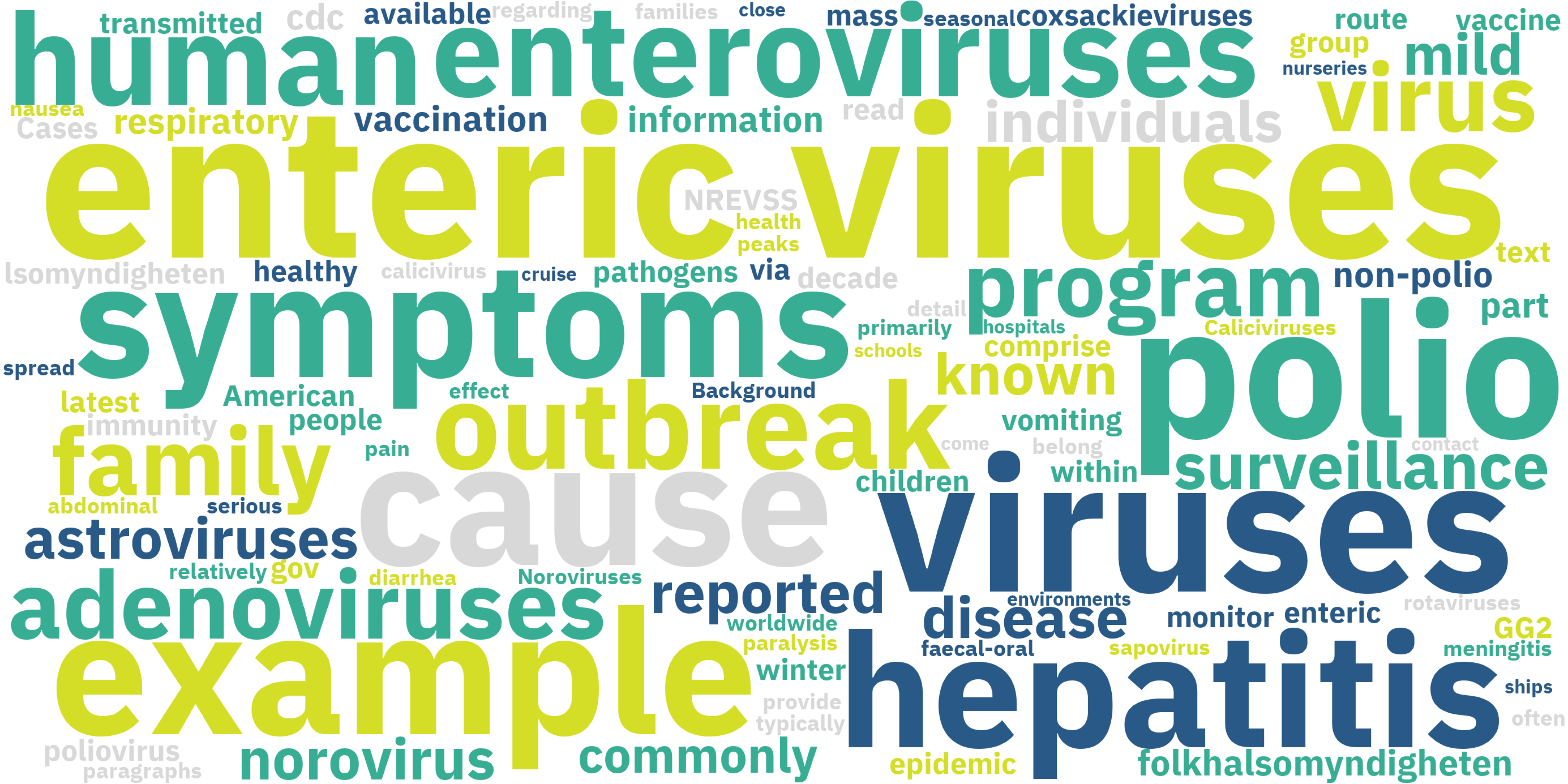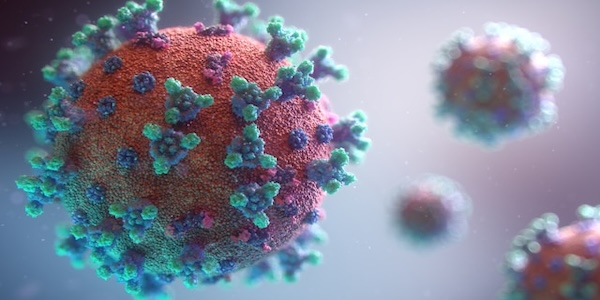Antibiotic resistance
Antibiotic resistance is a global health threat. It occurs when microorganisms develop resistance to antibiotics, impacting healthcare, and food security. Monitoring, research, and policies are crucial to combat resistance and develop effective treatments.
COVID-19
COVID-19, caused by SARS-CoV-2, is a global pandemic challenging societies worldwide. Vaccines are crucial, but research is ongoing to address early detection, variant identification, treatment development, and future preparedness.
Enteric viruses
Enteric viruses spread primarily through faecal-oral route, causing enteric disease (e.g. nausea, diarrhea, vomiting, abdominal pain). They include calicivirus, adenoviruses, astroviruses, rotaviruses, hepatitis viruses, and enteroviruses.
Infectious diseases
Infectious diseases pose a global health threat. COVID-19 highlighted coronavirus impact, but diseases like Dengue, Ebola, HIV, Measles persist. Research is crucial for understanding pathogenicity, resistance, and developing treatments.
Influenza
Influenza, more commonly known as ‘flu’, is a common respiratory infection. Infections are caused by one of 4 virus types (A-D), 3 of which (A-C) have been detected in humans.
Mpox
Mpox, or Monkeypox, is a zoonotic disease caused by the mpox virus. It belongs to the Orthopoxvirus genus and is closely related to smallpox. While the virus is endemic to West and Central Africa, recent outbreaks in Europe, including Sweden, have raised concerns.
Respiratory Syncytial Virus (RSV)
Respiratory syncytial virus (RSV) is a common virus. It causes cold-like symptoms, ranging from blocked/runny nose, cough, sneezing, tiredness, and fever in adults.






